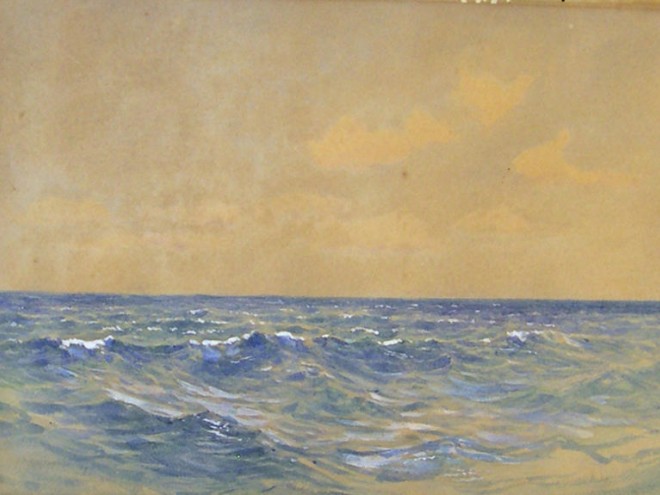This touching sequel to Marjorie Agosín’s I Lived on Butterfly Hill continues the story of fourteen-year-old Celeste Marconi, who returns to Chile after the fall of dictator Augusto Pinochet and must learn to rebuild her interrupted life. Reestablishing ties with her family is challenging. Celeste knows that she was sent to relatives in the United States for her own safety but, only partially understanding the suffering she left behind, she is filled with resentment and guilt. Learning about the torture her parents and others endured and the extent of the regime’s brutality is a shock that she gradually absorbs and integrates.
Celeste passionately wishes to aid in the rebuilding of her community. She is troubled by the number of poor people who have had no educational opportunities, and she establishes a literacy program to help those who wish to move ahead. She also develops a creative way of memorializing those who have “disappeared” from the community: “maps of memory,” consisting of personalized stones that mark areas important to those who must not be forgotten. Through these and similar activities, Celeste bonds with new friends, an important milestone on the journey to her own personal healing. Thinking about those who are still missing, their fates unknown — among them her best friend, Lucila — Celeste is spurred to further action. She and her friends painstakingly find the locale where Lucila and another of their schoolmates have found refuge after the terrors they endured. Celeste hopes her own love and support and that of others will help the two girls to overcome at least some of their fears — enough to return home to a community who cares about them. This is a difficult task, during which she learns that patience and understanding do not always yield immediate results. And yet she perseveres.
The Maps of Memory animates a piece of history with which the reader may not be familiar. It highlights the ways in which sensitivity and understanding, in conjunction with selfless giving and forgiveness, can make an often terrifying world a place where hope exists and flourishes — a world where it is possible to thrive.
Michal Hoschander Malen is the editor of Jewish Book Council’s young adult and children’s book reviews. A former librarian, she has lectured on topics relating to literacy, run book clubs, and loves to read aloud to her grandchildren.





